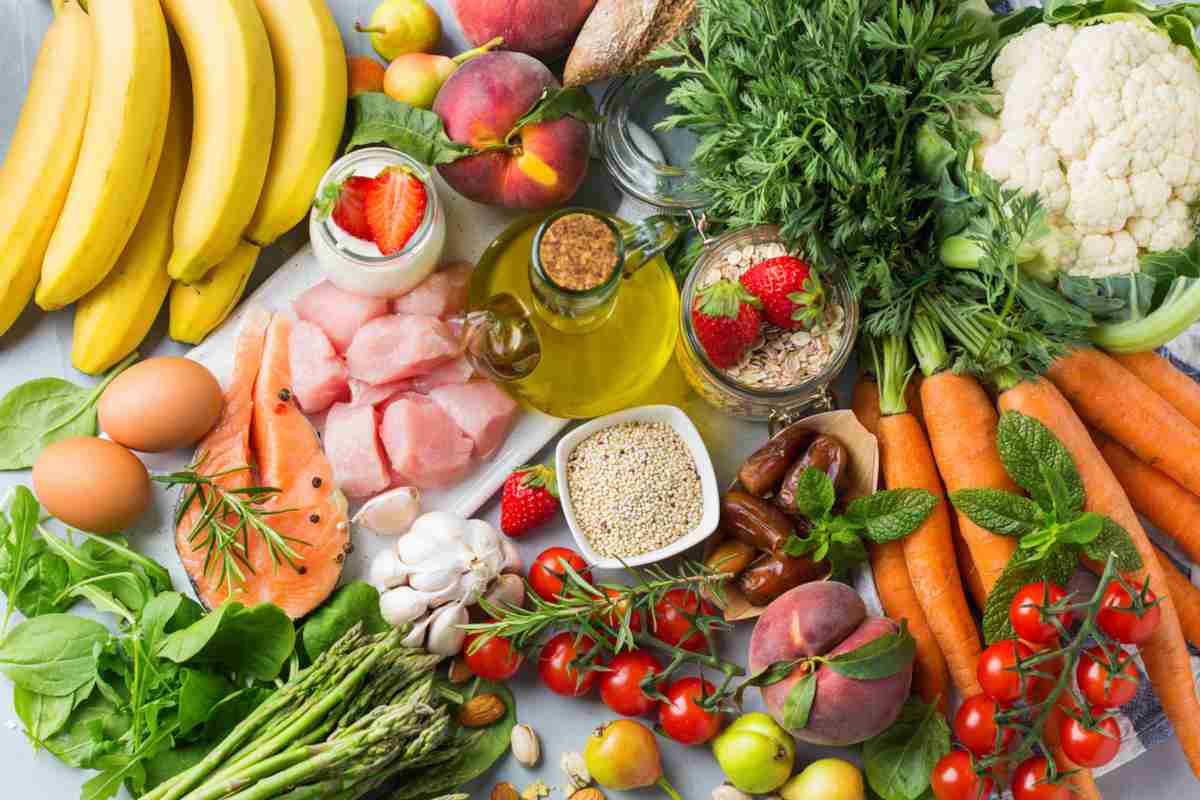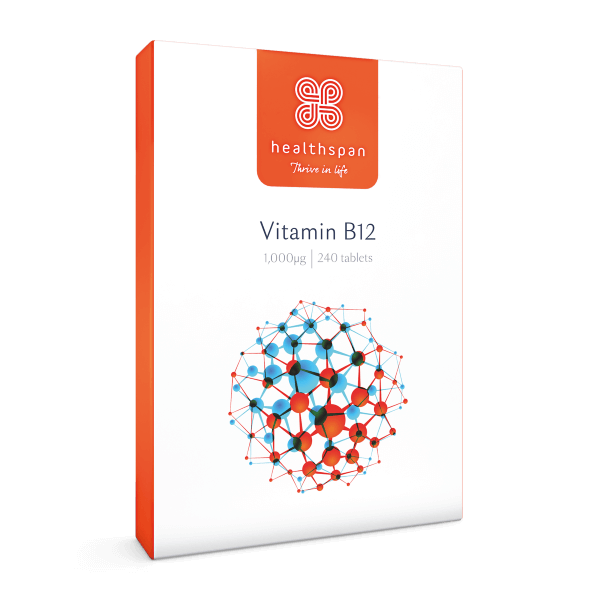Vegan, vegetarian, plant based or flexitarian: to help you decide which type of diet might be best for you, try this quiz from nutritionist Riya Lakhani.
More people than ever are looking to cut down on their meat consumption for health, environmental and/or animal welfare reasons. The good news is that there are plenty of ways to embrace the plant based revolution by adapting your diet and lifestyle in the way that suits you best.
To help you on your way to consuming more nutritious and fibre-rich plants, you may wish to switch to a vegan, vegetarian, plant based or flexitarian diet. To help you decide which type of diet might be best for you, it's good to know the key differences.
Vegan
A vegan diet is exclusively comprised of nutrient-rich plant based ingredients including nuts, grains, seeds, fruits, vegetables, soy and other meat substitutes. However, meat, dairy, eggs, or animal-derived ingredients like gelatin are all off the menu.
Some consider vegan diets to be rich in antioxidants for skin health and fibre for digestion, as well as free of saturated fats (the unhealthy kind of fats that can raise cholesterol).
Veganism extends beyond diet, and describes a lifestyle that excludes food, ingredients, clothing and other products and materials that come from animals, such as silk, wool and leather.
Vegetarian
A vegetarian diet doesn't include meat or fish but is rich in fruits, vegetables, legumes, grains, nuts, eggs and dairy products. Some vegetarians do not consume eggs but do have dairy products such as milk, cheese, ghee and butter; the term for this kind of diet is lacto-vegetarian.

Many people follow a flexitarian diet as a way to cut down on meat consumption while eating more plant based foods.
Plant based
Those following a whole food plant based diet consume plant based ingredients, limit their intake of animal-based products (some choose to eat no meat at all) and also exclude processed foods including white flour, refined sugar and processed oils.
Flexitarian
The word flexitarian is derived from the words flexible plus vegetarian, and the philosophy is simple: eat more plants and reduce your meat consumption.
Following this diet means you still have the flexibility to eat dairy, eggs, meat or fish when you want – so your diet isn't strictly plant based, but it does involve eating lots more plant foods and trying new things.
Helping you choose
Whether you're eating vegan, vegetarian, plant based or flexitarian, you can be sure that your diet will contain plenty of delicious plant based ingredients.
If you're having trouble deciding which plant-centred diet to go for, this quiz may help. Choose one option for each question, then count up your answers and check out the recommendations below.
1. How do you enjoy eating your greens?
2. How do you feel about your digestive health?
3. How essential do you find meat and dairy in your diet?
4. Do you watch your saturated fat intake?
5. Are you concerned about the welfare of farmed animals?
6. Are you concerned about the carbon footprint of your food?
7. How do you feel about wearing leather?
8. What type of foods do you most enjoy eating?
Answers
Mostly As
Switching to a vegan diet should be a breeze for you. Aim to include plenty of fresh fruits, vegetables, legumes, grains and nuts to get all the carbohydrates, proteins and healthy fats you need.
If you're worried about your protein intake, include plenty of these vegan sources of protein: beans, lentils, chickpeas, peanut butter and soya-based products. It's also important to make sure you get enough vitamin B12 (commonly found in meat and eggs) from fortified foods and dairy alternatives – you can also consider taking a vitamin B12 supplement.

Vitamin B12
Vitamin B12 supplement for energy, immunity and a healthy nervous system
- Reduces tiredness and fatigue
- Supports your immune system
- Contributes to normal red blood cell formation
Mostly Bs
You should try eating vegetarian. You can enjoy plenty of plant based goodness with the addition of dairy products and/or eggs. The vast availability of vegetarian products means you can easily eat veggie, even when you're on the go or eating out at restaurants.
You can even find a vegetarian replacement for practically all types of meat foods. When you are shopping for dairy products, try to opt for lower-fat milk and dairy options. Also try to choose unsaturated oils such as olive and sunflower rather than butter and ghee.
Mostly Cs
A plant based diet could be ideal for you. Going plant based means you're going to have plenty of whole foods in your diet. The good news is that since you're going to consume plenty of fresh plant based foods that are minimally processed, you're going to support your health in many different ways.
Just remember to go for whole grains over refined versions, sauté instead of frying, and you might find it helpful to take some time out to prepare your meals in advance.
Mostly Ds
Try being a flexitarian – if you're looking to eat less meat, this is a great place to start. You can make the transition to a flexitarian diet easier by initially cutting down to one meal a day with animal products, and if this works, you can gradually decrease the amount over time.
There are no hard and fast rules for this type of eating, but the majority of your diet will be made up of plant based foods. On the days when you don't eat meat or dairy products, be sure to get your protein from plant based sources such as quinoa, tofu, nuts, lentils and seeds.







